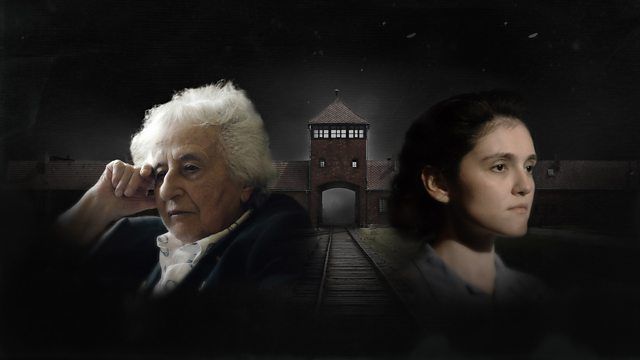The Last Musician of Auschwitz: A Legacy of Hope

Introduction
The story of the last musician of Auschwitz serves as a poignant reminder of the resilience of the human spirit in the face of unimaginable suffering. In recent events, discussions surrounding Holocaust remembrance have brought renewed attention to individuals who used music as a means of survival and expression amid the horrors of concentration camps. The last musician of Auschwitz, a title often attributed to Holocaust survivor and musician Mieczysław Weinberg, illustrates how art can both reflect and resist oppression, making it a vital topic of historical and cultural significance.
Background on the Last Musician
Mieczysław Weinberg was born in 1919 in Warsaw, Poland, and displayed musical talent from an early age. His career was abruptly interrupted by the onset of World War II and the Holocaust. After being deported to the Auschwitz concentration camp, Weinberg found ways to document and share his experiences of atrocities through music. His compositions were a lifeline, offering solace to fellow prisoners and serving as an act of defiance against their oppressors.
The Role of Music in Auschwitz
Music in Auschwitz was both a tool of oppression and a means of survival. The Nazis often forced musicians to perform for their own entertainment, but many prisoners also used music to maintain a sense of identity and humanity amid dehumanisation. Weinberg’s ability to compose would prove crucial, leading to the creation of a body of work that reflected the horror of the Holocaust while also conveying hope. His works, such as symphonies and string quartets, resonated deeply with those who had experienced such suffering.
Recent Commemorations
In light of recent events, including the International Holocaust Remembrance Day on January 27, 2023, various organizations and communities have sought to celebrate the legacy of musicians like Weinberg. Concerts featuring his compositions have been held across Europe, enlightening audiences about the atrocities of the Holocaust while paying tribute to the courage of those who faced it. Events honouring the stories of Holocaust survivors and their contributions to culture remain crucial in fostering education and remembrance.
Conclusion
The legacy of the last musician of Auschwitz underscores the significant role of art in bearing witness to history and providing a channel for emotional expression. As we continue to confront the lessons of the Holocaust, the story of Mieczysław Weinberg serves as a reminder that creativity can persist even in the darkest times. It is imperative for current and future generations to protect this narrative, ensuring that the sacrifices and stories of Holocaust survivors remain alive and impactful.









